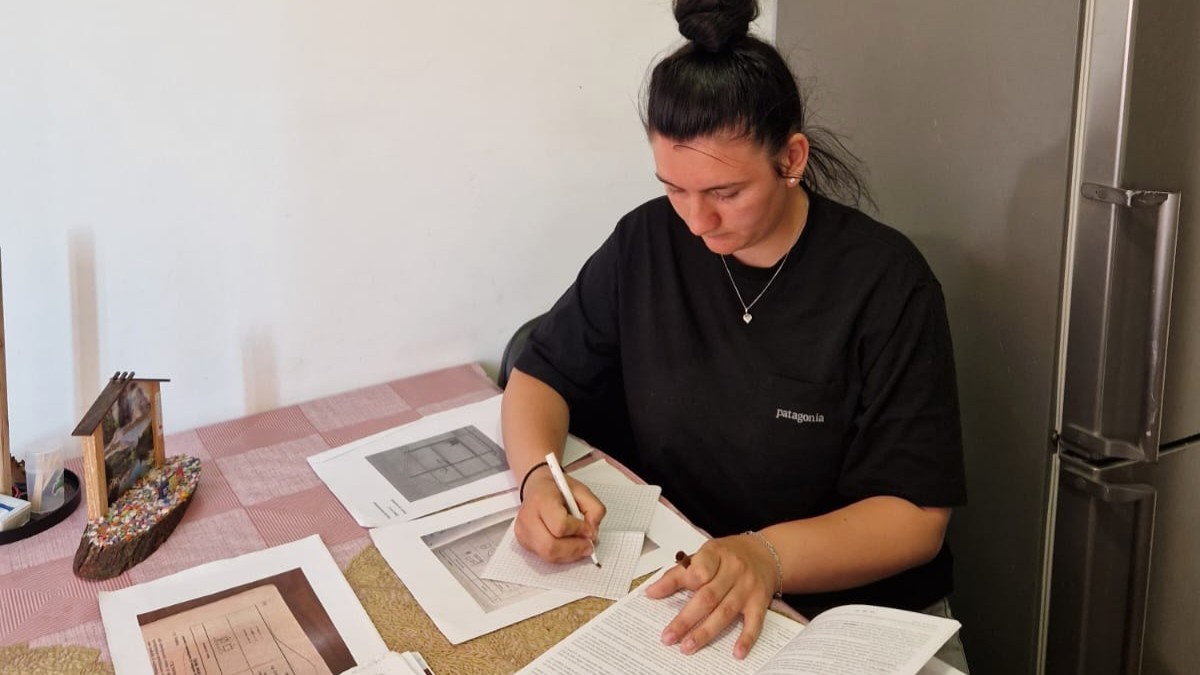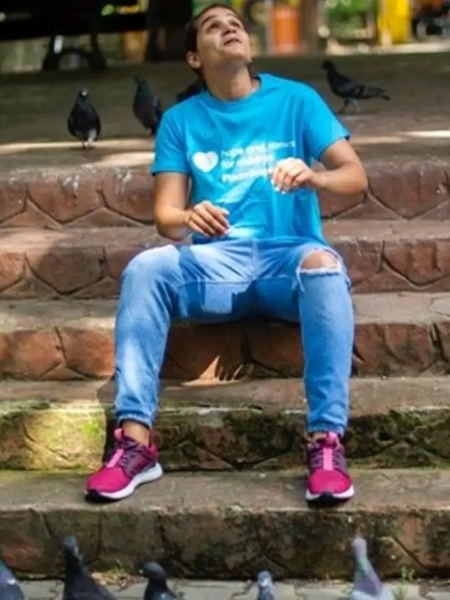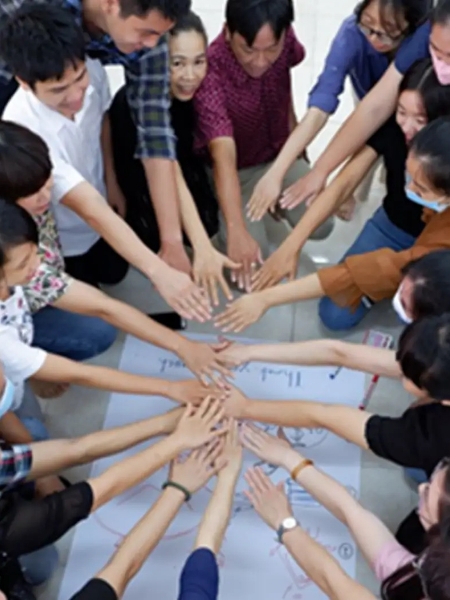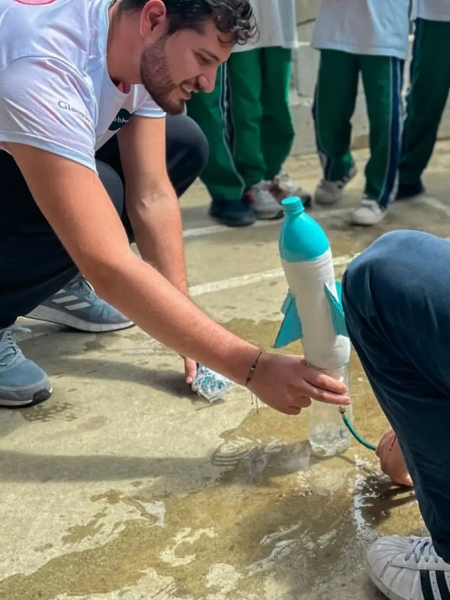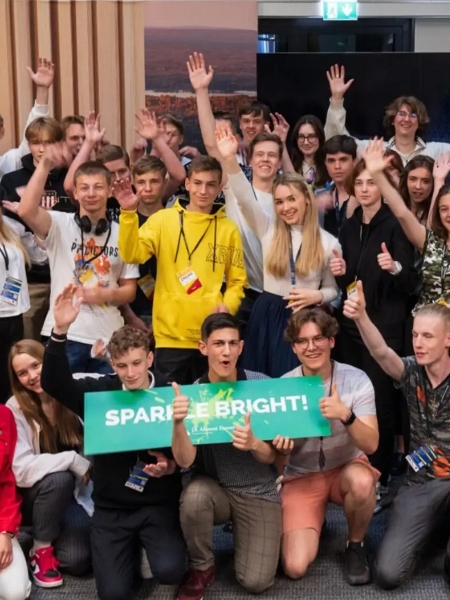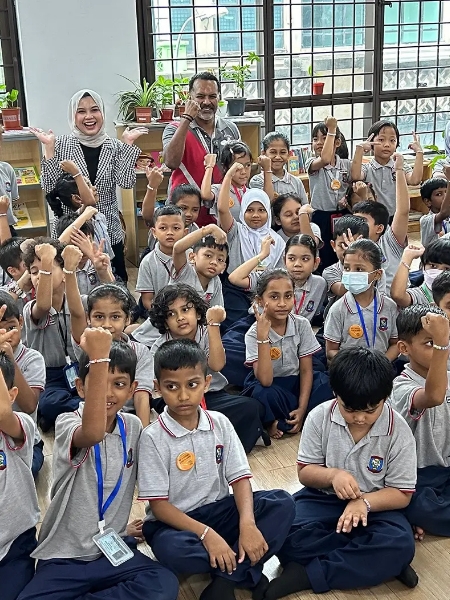Young adults leaving state care
They are facing a range of issues such as: emotional instability, lack of or insufficiently developed independent living skills, low self-esteem, lack of financial and material resources necessary to begin independent life, health issues and poorly developed intellectual skills.
The project
In order to give them the proper tools to approach their new life journey, we partnered with all the good people from Think Human Foundation in a collaboration that got to 3 years now. Through their support, we helped 30 youngsters, ages between 13 – 25 years old.
In 2024, the third year of interventions in our partnership, we supported 15 youngsters from 6 counties (Iași, Suceava, Sibiu, Brașov, Neamț and Bistrița-Năsăud) in their efforts to begin independent life. For the other 15 young adults who received support in the previous 2 years, interventions and the monitoring process have been completed. Only 5 of the 15 targeted young adults required our help to obtain / maintain accommodation.
A vital condition for a young adult to become independent is for them to find a job and be able to maintain it
This can bring financial independence, which is crucial for every young adult.
In this respect, we helped all 15 young adults to continue their education or maintain their employment / access the labour market. Of them, 11 are still pursuing a form of education (university studies, high school, postgraduate, “second chance”) and some of them are even working in the meantime. 5 young adults have full-time jobs, 2 have part-time jobs and 2 are in between jobs.
Our support related to employment and education included, among others: counselling and mediation on accessing the labour market, maintaining employment and connecting with possible employers; purchasing specialized equipment for practical activities and projects and paying for transportation and accommodation; counselling on maintaining a job – proper relation with employers and colleagues, improvement of social skills, the importance of keeping a routine.
Independent living skills
All the young adults in our target group need help to develop their independent living skills in order to be able to function properly in society.
In this regard, we supported them with a wide range of activities, such as: psychological counselling and therapy; counselling on properly managing financial resources – making budgets, prioritizing expenses, using skills or accessing training to develop various skills, especially for the young adults who are looking into supplementing their financial resources; providing advice and information regarding ways to access state benefits, various programs and facilities that would improve their living conditions, skills and quality of life; counselling on understanding and applying concepts related to a healthy lifestyle, on the negative effects of consumption of alcohol and / or other substances.
In their own words
Ciprian, 24 years old from Bistrita-Nasaud County works full-time and has just received a council flat; we helped him equip it with furniture and household appliances.
“If I look back just a few months ago at how my life was then, it is almost like I am dreaming now: I have a home of my own and a job. The support I received from Hope and Homes for Children and their partner, Think Human Foundation, has changed my life and I cannot thank them enough! I know that all they have given me also comes with responsibilities on my part and I will do my best not to disappoint them. Thanks to the wonderful people who supported me, now I can work towards fulfilling my dreams, to leave behind the life I had in the care system. I will always be grateful.”
The effect
In the target group for the entire project, more than half of the young adults managed to find a full time or part-time job and keep it, 2 of whom are also continuing their education. The others who do not have a job yet are still enrolled in a form of education.
All of the young adults were thankful for the accommodation and the various forms of counselling received.
Out of the total of 30 young adults supported so far, only for 1 of them the support continues, the others are either being monitored (4 young adults) or have successfully completed and exited the programme (the remaining 25).

